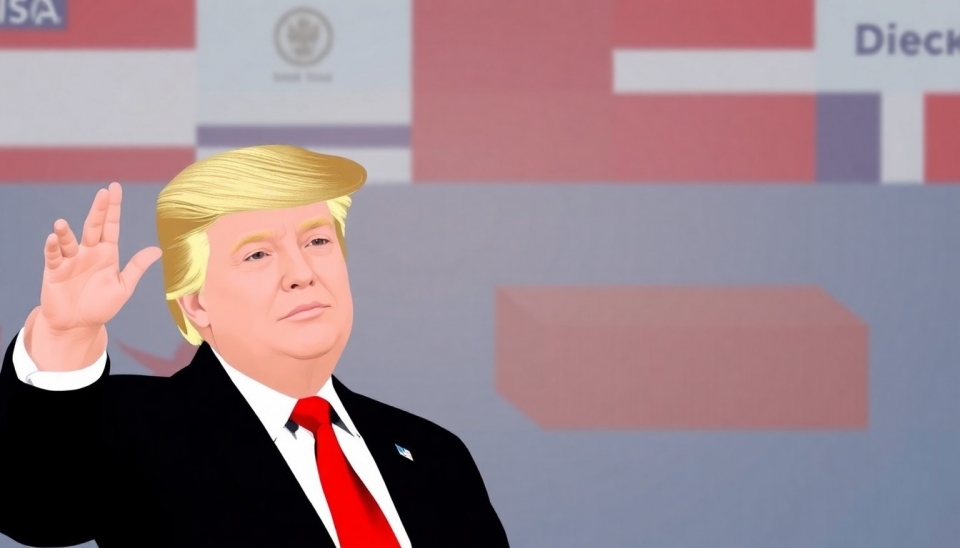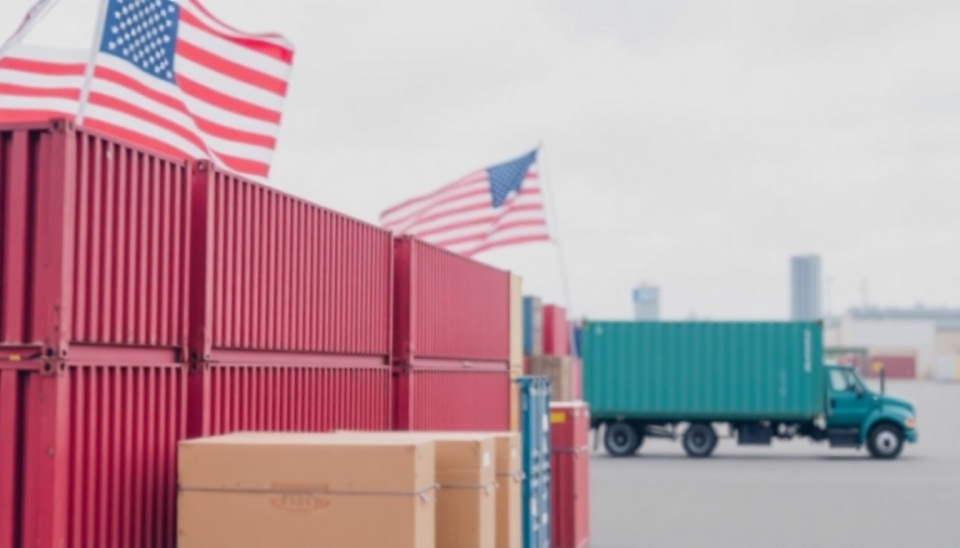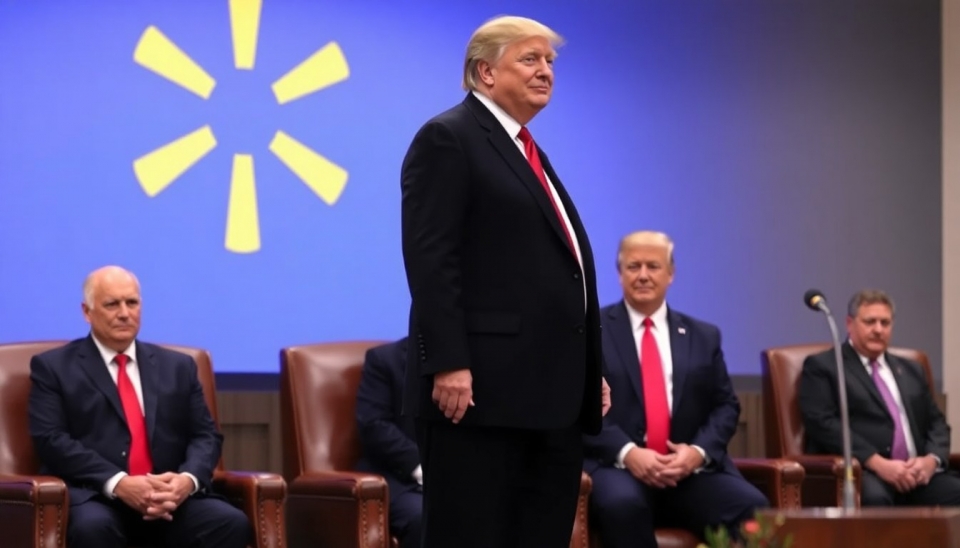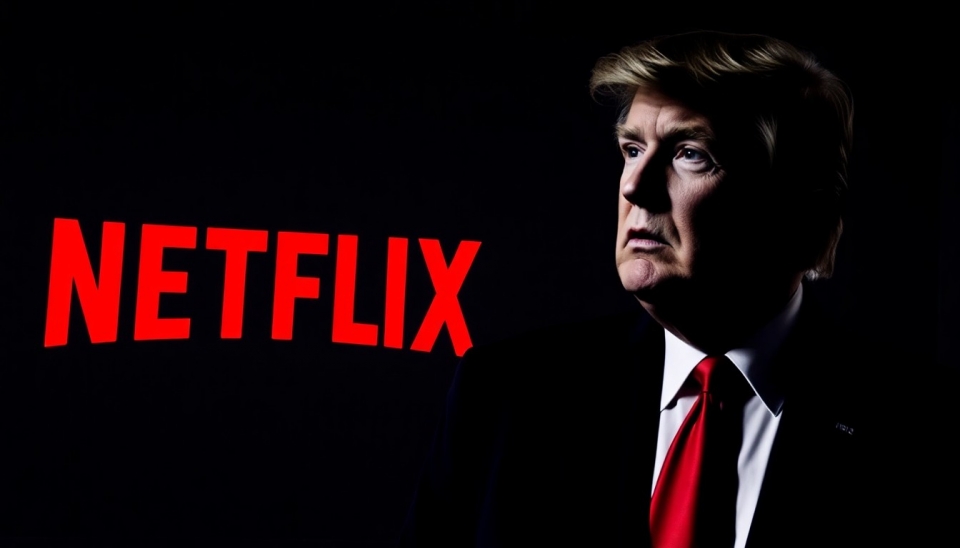Trump's Tariffs as a Strategy for Achieving Beneficial Trade Deals

A well-known economist believes that Donald Trump's tariff policy can be viewed as a successful strategy for securing advantageous trade deals. Despite the criticism directed at his tariff-increasing policies, several experts point to potential long-term benefits for the U.S. economy.
The economist emphasizes that such tariffs create pressure on partner countries, pushing them to engage in more active negotiations. This, in turn, could lead to more favorable terms for American enterprises. By reducing the trade deficit, Trump used tariffs as a pressure tool, making it a decisive factor in his economic strategy.
An important aspect of this strategy is that it aims not only for short-term economic gains but also for establishing sustainable long-term trade relationships. The economist adds that the success of such measures depends on how effectively the administration can manage the consequences of implementing tariffs.
Critics of this policy point out that increasing tariffs could have negative consequences for consumers and lead to higher prices on imported goods. However, Trump supporters believe that by securing advantageous deals, America can offset potential losses and create beneficial conditions for domestic production.
This approach is sparking serious discussions within economic circles, and in the coming months it will become clear how successful this course will be. Particular attention will be devoted to how U.S. partner countries respond to these changes in tariff policy.
As a result, questions regarding tariffs and trade agreements will remain in focus for both governments and entrepreneurs seeking to adapt to the new economic reality.
#tariffs #Trump #Economy #TradeDeals #AmericanEconomy #Strategy #Research #TradePolicy #DomesticProduction




